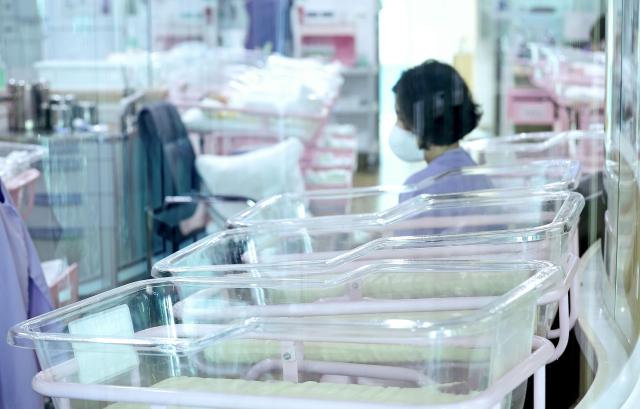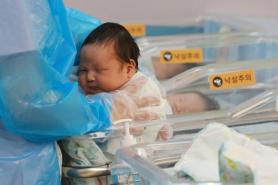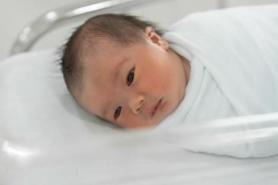
SEOUL -- The pace of South Korea's depopulation driven by the low fertility rate is accelerating, with the number of children under the age of 18 expected to dip below seven million in 2024. The number of children has decreased by more than two million over the last decade.
Recent data from South Korea's National Assembly Budget Office (NABO) reveals a projected 49.6 percent decrease in the population of young people aged 0 to 14 by 2040, dropping to approximately 3.18 million from 6.32 million in 2020. This projection assumes that the fertility rate will remain at 0.7 babies per couple between 2026 and 2040.
South Korea, with a population of about 52 million, is grappling with a significant aging phenomenon, with around 30 percent of its population expected to be aged 75 and older by 2073. NABO's data indicates that the fertility rate in 2022 was 0.78 babies per couple. South Korea's national statistics office predicts a fertility rate of 0.7 in 2024. NABO forecasts a total population of 49.16 million in 2040, reflecting a 5.17 percent decrease from 2020.
According to data released by the health ministry on January 31, there were 7,077,206 children aged under 18 years as of December 2023 and the population of children has dipped 23 percent from 9,186,841 in 2014. The ratio of children among the whole population also decreased to 13.8 percent in 2023 from 18 percent in 2014. The health ministry estimated that the rate of depopulation in children will accelerate even more to have a fertility rate of 0.6 in the future.
The Korea Institute of Child Care and Education (KICCE) said in a report released on January 30 that the acceleration of the country's low birth rate will result in 26,637 daycare centers and kindergartens in 2028, down 31.8 percent from 39,053 in 2022. The childcare institute predicted that more than 12,000 children's daycare centers will close because they will have no kids to look after.
According to KICCE, the southern port city of Busan will experience the largest decrease rate in the number of children (39.4 percent), followed by Seoul (37.3 percent), Daegu (37.3 percent) some 230 kilometers (142 miles) southeast of Seoul, and the western port city of Incheon (34 percent).
"Problems caused by daycare centers and kindergartens closing down will only get more serious in the future. Such situations could accelerate the depopulation of rural areas," KICCE researcher Lee Jae-hee said.
Copyright ⓒ Aju Press All rights reserved.




